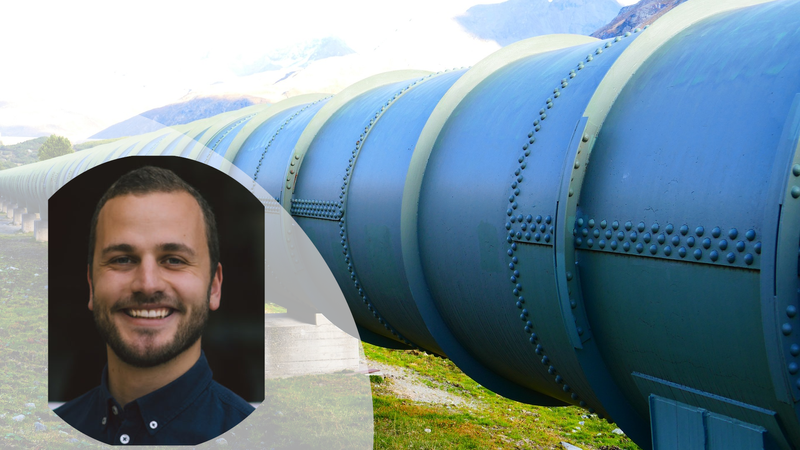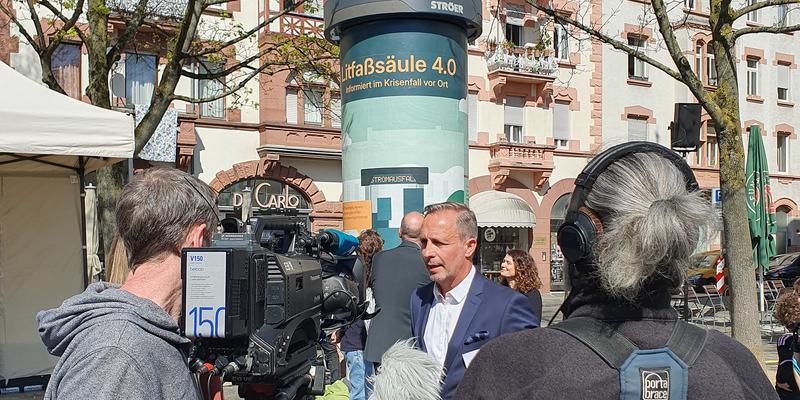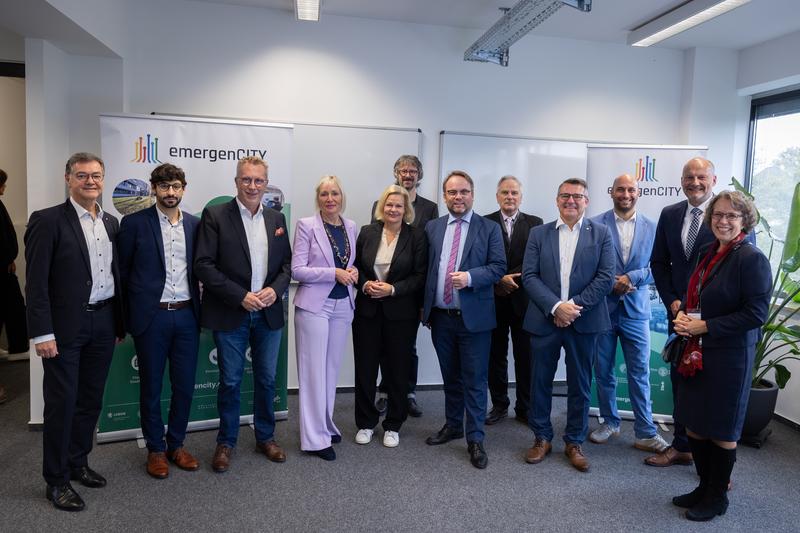Resilience research in the right place at the right time on a topic that also began to concern public discussion in early October: PEASEC researcher Jonas Franken is working on the resilience of critical information infrastructures on land and at sea as well as emerging issues in maritime security as part of his doctoral thesis – and with this focus, he was one of the experts assessing the situation after the sabotage of the Nordstream 1 and 2 pipelines in the Baltic Sea as well as the security of fiber optic internet cables and maritime subsea infrastructures in general. Fittingly, Franken researched on a PEASEC team with Thomas Reinhold, Lilian Reichert, and Christian Reuter, on The Digital Divide in State Vulnerability to Submarine Communications Cable Failure.
In June 2022, Franken also co-published with Christian Bueger (University of Copenhagen) and Tobias Liebetrau (Science Po Paris) a comprehensive Study on Security Threats to Submarine Infrastructure and Communications Cables for the European Parliament. 32 recommendations emerged from it, suggesting more protection for submarine infrastructure, and these have been included in both political and media discussions. For example, EU Commission President Ursula von der Leyen and MEP Bart Groothuis addressed the paper in their speeches, as well as numerous reports on the current situation of the Nordstream pipelines, including the Spiegel cover story, The Wall Street Journal, Tagesschau online, Tagesspiegel Background, euractiv, Der Standard, RedaktionsNetzwerk Deutschland, golem, euobserver, Tagesspiegel and Handelsblatt and many more. A current overview and links can be found here.
Franken himself was interviewed as an expert by ARD Brisant on 07.10.2022 as part of a report on the consequences of Internet blackout scenarios and spoke in the hr-iNFO Interview (28.09.2022) and in the hr-iNFO Netzwelt Podcast. His assessment: “There will always be a residual risk, but infrastructure is becoming more resilient with new technology.” Maritime sabotage and attack technologies have evolved, but technical solutions, patrols and inspections of infrastructures, and increased repair capabilities have also arrived in development and discussion. “Preventive protection of our maritime infrastructures is complex, expensive and thankless. But by now, their operation is so essential for the functioning of our society and economy that a failure would have too great a consequence to remain inactive,” Franken assesses the situation.



